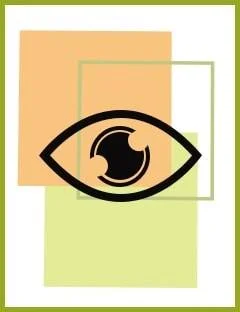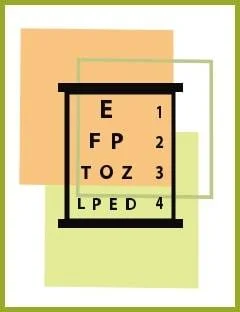Frequently Asked Questions
Am I covered by OHIP?
If you have diabetes, OHIP will cover a basic eye health exam once every 12 months. Prescription lenses, eye glasses, and certain advanced tests such as retinal imaging and OCT are not covered by OHIP, however most extended health benefit plans cover optometry services and products.
We would be happy to assist you in determining what your insurance plan covers.
What are the benefits of seeing an optometrist?
One of the main benefits of visiting an optometrist regularly is that eye health problems can be detected and treated early, before they become serious or result in permanent vision loss. Regular visits to the optometrist also ensure your prescription lenses or glasses are working well for you.
Do I require a referral?
No, we do not require a referral for an eye exam or treatment. However, if you have extended health benefits, you should consult your insurance provider for details regarding your plan, as some companies require you to have a referral dated prior to your initial assessment.
Are you accepting new patients?
Yes! At LMC Optometry we’re always accepting new patients. We offer you and your family the very best in eye care, competitive prices, and an unparalleled experience. To become a new patient, contact your nearest LMC Optometry location.
Do you accept children as patients?
Absolutely! At LMC Optometry, we’re happy to care for the ocular health of your entire family, from children to seniors and everyone in between.
The Canadian Association of Optometrists recommends that children have their first eye exam between 6 and 9 months old so it’s never too early to get them started on the path to clear vision.
How much does an exam cost?
While the cost of your eye exam may vary depending on your vision needs, at LMC Optometry we always offer competitive pricing. The cost of your eye exam is also based on the fact that we use state-of-the-art technology.
We’ve invested in tools like retinal imaging and OCT that can detect eye diseases, cancer, and other vision issues that traditional eye exams might miss. Most provinces in Canada completely or partially cover eye exams for both children and seniors.
Contact us or your provincial health care provider to find out if your next eye exam is covered.
What should I bring to my appointment?
Bring your insurance information, health card, and current corrective lenses if you wear them. If you wear your contacts to the appointment, be sure to bring your glasses too.
You should also come prepared with information about your health history, any medications you’re taking, and any questions you might have about your vision.
Do you treat serious eye diseases?
We are well-equipped to treat eye diseases like glaucoma, age-related macular degeneration, and many others. We are also experienced in the treatment of conditions associated with diabetes.
The earlier an eye disease is detected, the better treatment outcomes can be. We encourage people to make eye care a part of their overall preventative health care.
Where are you located?
How often should I get my eyes checked?
Many people believe that there’s no need to get an eye exam since they don’t wear corrective eyewear and haven’t noticed any changes in their vision. However, many eye diseases have no noticeable symptoms until later stages of the condition—meaning you might have a serious vision problem and not even know it.
The Canadian Association of Optometrists recommends getting a comprehensive eye exam at least once every 2 years, even if you don’t think there’s anything wrong with your eyes. Children, seniors, and anyone who wears corrective eyewear should get their eyes examined annually.
As soon as you notice any change in your vision, you should book a comprehensive eye exam with LMC Optometry.
I have another question that hasn’t been answered above.
Our friendly staff are happy to answer any and all questions about your appointment, your insurance coverage, or the services we offer. Get in touch with us anytime—we’d love to hear from you!











